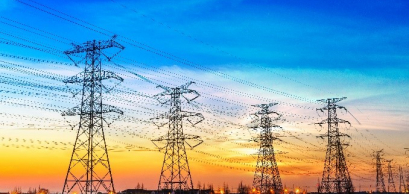Closures of Coal and Nuclear Capacities in North West Continental Europe: Maintaining generation adequacy after 2022 Ifri Energy Breakfast Roundtable

In the medium term, there are concerns over a potential power deficit: Belgium is expected to close all its nuclear reactors between 2022 and 2025, Germany should complete its nuclear exit plan by end 2022 and is currently working out the details of its coal exit strategy, France committed to phasing out its remaining coal capacity by 2022 while also closing 14 nuclear reactors by 2035, and the Netherlands’ official target is to fully exit coal by 2029, with the two oldest Dutch coal-fired plants to be shut down by 2024. However, countries often count on their neighbours to meet peak demand periods.
Can national plans and ambitions be fulfilled while maintaining the highest level of security of electricity supply? What measures need to be taken at EU, regional, national and private sector level to ensure security of electricity supplies from 2022 onwards?
Ifri's Energy Breakfast will discuss the implications of national electricity plans for the electricity balance in North-West continental Europe in the medium-term.
09:00-10:30 Introduction & moderation: Carole Mathieu, Head of European Energy & Climate Policies, Ifri
- Andreas Ehrenmann, Segment Director, Tractebel, Engie
- Nancy Mahieu, Director General, Belgian Ministry of Energy
- Thomas Veyrenc, Director for Strategy and Planning, RTE
- Marc Bussieras, Head of Corporate Strategy Division, EDF
- André Poschmann, Head of European Electricity Policy and Market Integration, German Federal Ministry for Economic Affairs and Energy (BMWi)
- Timm Kraegenow, Head of EU affairs, Tennet
- Oliver Koch, Deputy Head of Unit, Internal Market, DG Energy, European Commission
10:30-11:30 Discussion with the speakers and participants
Registration is closed
